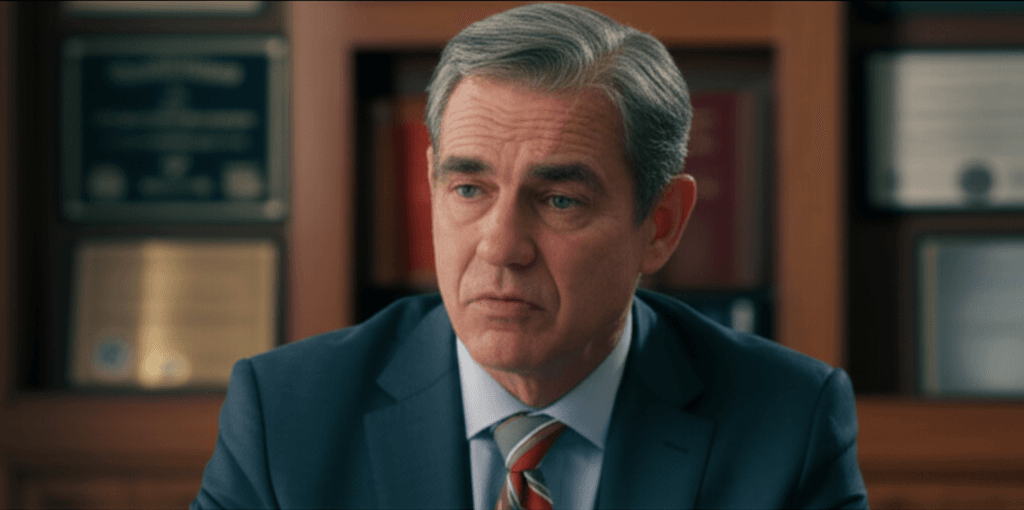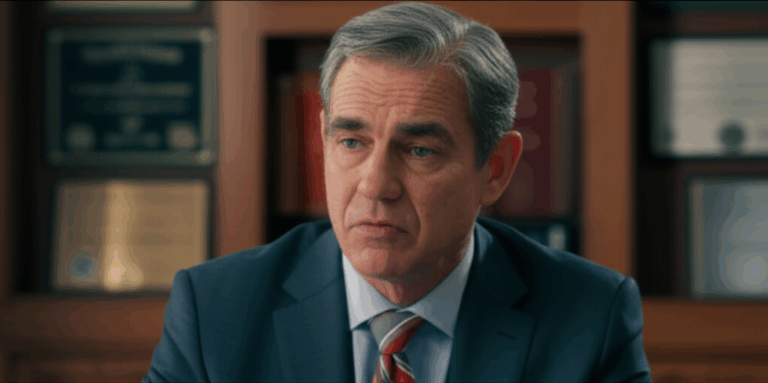London, UK – Concerns over former U.S. President Donald Trump’s cognitive health have intensified following a call from a senior neuropsychologist for him to undergo formal Alzheimer’s screening. Dr. Narinder Kapur, a visiting professor at University College London, cited a pattern of “odd and strange” public statements and behaviors by the 79-year-old former president as the basis for his recommendation.
The suggestion from Dr. Kapur has reignited public debate regarding the mental fitness of prominent political figures, particularly those of advanced age, and comes despite previous official statements from the White House asserting Trump’s excellent health.

Why a Neuropsychologist Advocated for Alzheimer’s Testing
Dr. Narinder Kapur, a respected consultant neuropsychologist, publicly stated that Donald Trump should undergo comprehensive cognitive testing, including screening for Alzheimer’s disease. Kapur highlighted several instances of behavior and remarks that he found “bizarre” over the past six months.
Specific Incidents Raising Concerns
Among the examples cited by Dr. Kapur were Trump’s suggestions that Canada should become the 51st U.S. state and his desire to “take over Greenland.” Dr. Kapur also mentioned Trump’s controversial comments linking autism with paracetamol. While acknowledging that Trump might have been influenced by others on certain topics, Kapur maintained that such statements contribute to an impression of erratic thinking, warranting a proper medical evaluation.
Kapur emphasized that a thorough neuropsychological examination typically takes three to four hours and assesses five key areas: memory, concentration, language, visuospatial abilities, and executive function. He also noted the availability of blood tests for Alzheimer’s disease, suggesting Trump should undergo one during his next annual physical.

Broader Concerns from Mental Health Professionals
Dr. Kapur is not the first mental health professional to raise questions about Trump’s cognitive state. Prior to his statements, other psychologists, such as Dr. John Gartner, had voiced concerns about incidents suggesting neurological decline. Dr. Gartner, formerly of Johns Hopkins University, specifically observed what he described as a “major deterioration” in Trump’s language skills, motor skills, and impulse control. Gartner noted a significant change from Trump’s more articulate speech in the 1980s to his current difficulty completing thoughts.
An incident where Trump stumbled on a red carpet was also highlighted by psychologists as a potential “dead ringer sign” of brain decline. Experts like Richard A. Friedman, a professor of clinical psychiatry at Weill Cornell Medicine, have also indicated that Trump’s verbal incoherence, tangential thinking, and repetitive speech would typically prompt a referral for a rigorous neuropsychiatric evaluation to rule out cognitive illness.

White House Stance and Previous Cognitive Assessments
Despite these concerns from independent medical professionals, the White House has consistently maintained that former President Trump is in excellent health. In April, White House physician Captain Sean Barbabella reported that Trump exhibited “robust cardiac, pulmonary, neurological, and general physical function,” and specifically stated that Trump showed no signs of memory loss, neurological abnormality, or cognitive impairment.
The White House has frequently pointed to Trump’s reported perfect score of 30/30 on the Montreal Cognitive Assessment (MoCA) as evidence of his cognitive fitness. Trump himself has often boasted about acing this “hard” cognitive test, even describing parts of it during interviews.
Criticism of the MoCA Test
However, the efficacy and sufficiency of the MoCA test for a comprehensive assessment have been questioned by Dr. Kapur and other experts. Dr. Kapur stated that the MoCA is a short, 10-minute screening tool that he “never uses,” and it alone cannot provide a full picture of cognitive function. Critics argue that while a perfect score on the MoCA indicates a normal level of cognitive function, it is a basic screening and may not detect subtler forms of neurodegenerative diseases, such as frontotemporal dementia, which can manifest as changes in behavior, impulsivity, or language deterioration. The neurologist who created the MoCA test, Ziad Nasreddine, also noted that 2018 results would be too outdated to be relevant in 2024.

The Ethical Debate on Testing Politicians
The renewed focus on Trump’s mental fitness also fuels a broader ethical debate about mandatory cognitive testing for politicians, particularly those over the age of 70. Experts like Dr. Kapur believe that early signs of cognitive decline could go unnoticed, potentially having worldwide implications, and advocate for regular, mandatory testing for older political leaders.
While there has been no confirmed diagnosis of Trump being mentally unfit, and official reports maintain his cognitive health, the ongoing observations and concerns from various mental health professionals underscore the complexity and sensitivity of assessing the cognitive abilities of public figures based on their observable behavior.







